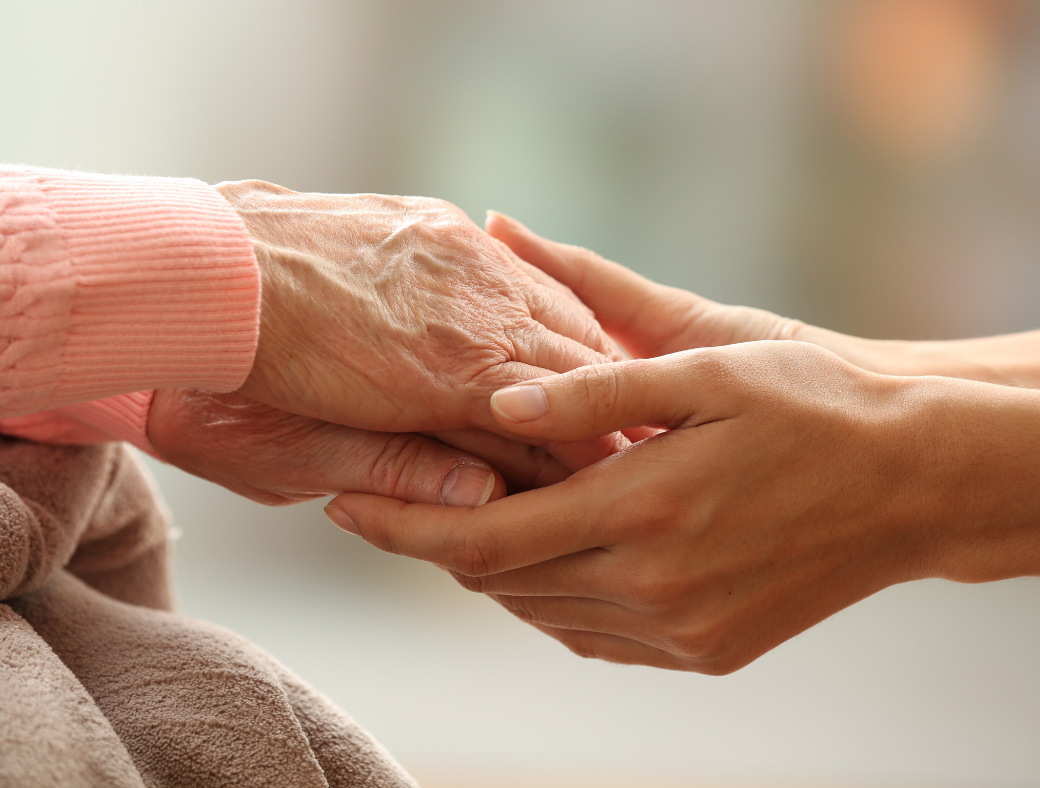
The Assistance A Lasting Power Of Attorney Can Provide During The Pandemic
Written by Emma Adkins
Private Client Consultant Solicitor
What is a Lasting Power of Attorney?
A lasting power of attorney (LPA) is a legal document which allows you to appoint another person or people to act on your behalf and make decisions for you. These people are called your attorneys. There are two different types of LPA, one covering your property and financial affairs and one covering your health and care decisions.
Who should I appoint as my attorney?
It is up to you who you choose as your attorney. You can choose more than one person, or you may choose to appoint one person and then have replacements, who can step in if your original attorney is no longer able to act. It could be a family member or friend. The most important thing is that you trust your attorneys to look after your affairs and act in your best interests. Often, people appoint their husband/wife and/or their children as their attorneys.
How could an LPA help me during the pandemic?
An LPA for property and financial affairs can be set up so that your attorneys can act on your behalf (with your consent) as soon as the LPA has been made and registered, and with that authority continuing if/when you lose mental capacity. With people shielding during the pandemic and sadly people being admitted to hospital, the LPA could be invaluable in allowing your affairs to be properly managed throughout the pandemic. Your attorneys can use the LPA to deal with your property and financial affairs if you are temporarily unable to do so, meaning your bills would still be paid, your bank account could still be accessed, and your property could still be looked after.
Is the LPA effective immediately?
Once made, LPA’s must be registered with the Office of the Public Guardian before they can be used. The current registration timescales are around three months. As soon as the LPA has been registered, it could be used by your attorneys if it has been set up so that they can act immediately after registration. If the delay of three months may cause a problem, it is possible to sign a general power of attorney, also known as an ordinary power of attorney, in addition to your LPA. This would give your attorneys authority to act on your behalf straightaway and can be a useful temporary power whilst the LPA is being registered. It is important to be aware that general powers of attorney are only temporary measures and are not effective if you lose mental capacity.
What happens with my LPA when I no longer need to isolate/shield and I can do things for myself again?
For as long as you have mental capacity, your attorneys can only act with your consent. You may need your attorneys to do things for you whilst you are shielding or isolating but this does not take away any of your control and nor does it stop you from doing things for yourself. Therefore, when you no longer need to shield/isolate, you can go back to dealing with your own affairs exactly as you did before, but with the knowledge that you have the LPA already in place should it be needed again in the future.













